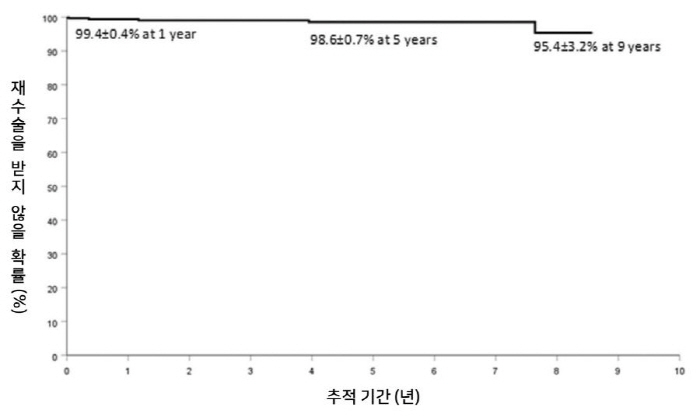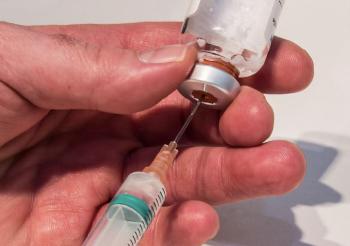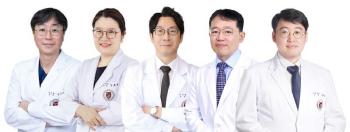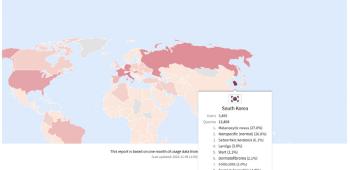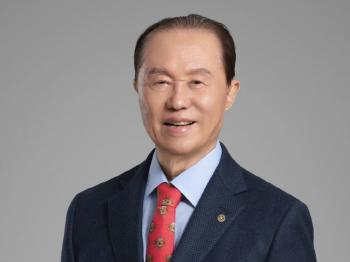Development of Seoul National University Hospital, Cardiovascular Artificial Patch Proves Long-Term Durability... 95.4% chance of no reoperation in year 9
May 23, 2025
|
Professor Kim Yong-jin of Cardiovascular Thoracic Surgery at Seoul National University and Professor Lim Hong-guk of Seoul National University Hospital and a joint research team of Lee Chang-ha, Kim Eung-rae, and Lim Jae-hong at Bucheon Sejong Hospital announced on the 23rd that they have analyzed the complications and reoperation of domestic cardiovascular artificial patches 'Periborn' transplanted to patients from 2015 to 2022.
Heterogeneous transplantation is a treatment method of transplanting animal tissues and cells (heterogeneous transplants) into humans through surgery or procedures. Artificial patches are mainly used for the treatment of the heart and blood vessels, especially in surgery for reconstruction of congenital heart defects in pediatric patients. To prevent tissue damage, inflammation, and calcification after xenotransplantation, it is important to minimize the immune response by increasing the biocompatibility and stability of the material.
In 2014, the cardiovascular heterogeneous organ research team at Seoul National University Hospital (Professor Kim Yong-jin and Lim Hong-guk) devised a '4 step protocol' to prevent calcification by lowering the immune rejection response of heterogeneous tissues. It consists of ▲ desecration (removal of heterogeneous cells and residues) ▲Filling the space (preventing the formation of lime crystals by filling the removed site) ▲ Organic solvents (removal of phospholipids associated with calcification) ▲ Antitoxification (neutralization of cytotoxicity, which is the cause of calcification). This can increase the biocompatibility and durability of xenotransplantation without histological changes while removing heterologous antigens and calcification-inducing factors that the human immune system recognizes as foreign substances.
The research team applied this protocol to the small pericardium to develop an artificial patch for cardiovascular use, and succeeded in localizing it with a fourth-class medical device license in 2015. The artificial patch has been transplanted to patients nationwide so far due to cardiovascular reconstruction surgery and heart valve surgery.
Among them, the research team tracked 451 patches for up to 8.6 years and found that there were no patch-related deaths, infections, and embolism in the short term and mid- to long-term, superior to CardioCel patches that are widely used worldwide.
In addition, as a result of statistical analysis, the probability of not undergoing reoperation after transplantation was 99.4% at year 1, 98.6% at year 5, and 95.4% at year 9.
Professor emeritus Kim Yong-jin (corresponding author) of Seoul National University of Medicine said "It is meaningful that this study confirmed that the bovine pericardial-based patch with improved biocompatibility contributes to the improvement of long-term survival rates in patients with congenital heart disease or vascular damage with better clinical performance than conventional xenotransplantation.".
Professor Lim Hong-guk (first author) said, "In order to optimize the biocompatibility of heterogeneous tissues, research is being conducted to completely remove heterogeneous antigens in stages" and "We will strive to develop safer and more effective artificial tissues that minimize immune rejection reactions"."
The study was carried out with the support of Lee Kun-hee's project to overcome childhood cancer and rare diseases, and was published in the recent issue of the international journal 『Artificial Organs』.
Meanwhile, the research team developed a pulmonary artery stent valve in 2018 by applying the same anti-calcification protocol to the pericardium of pigs, which was transplanted to 791 patients and showed excellent results. The research team has transferred all related technologies and patents to Taewoong Medical for localization of artificial valves.
|
This article was translated by Naver AI translator.
